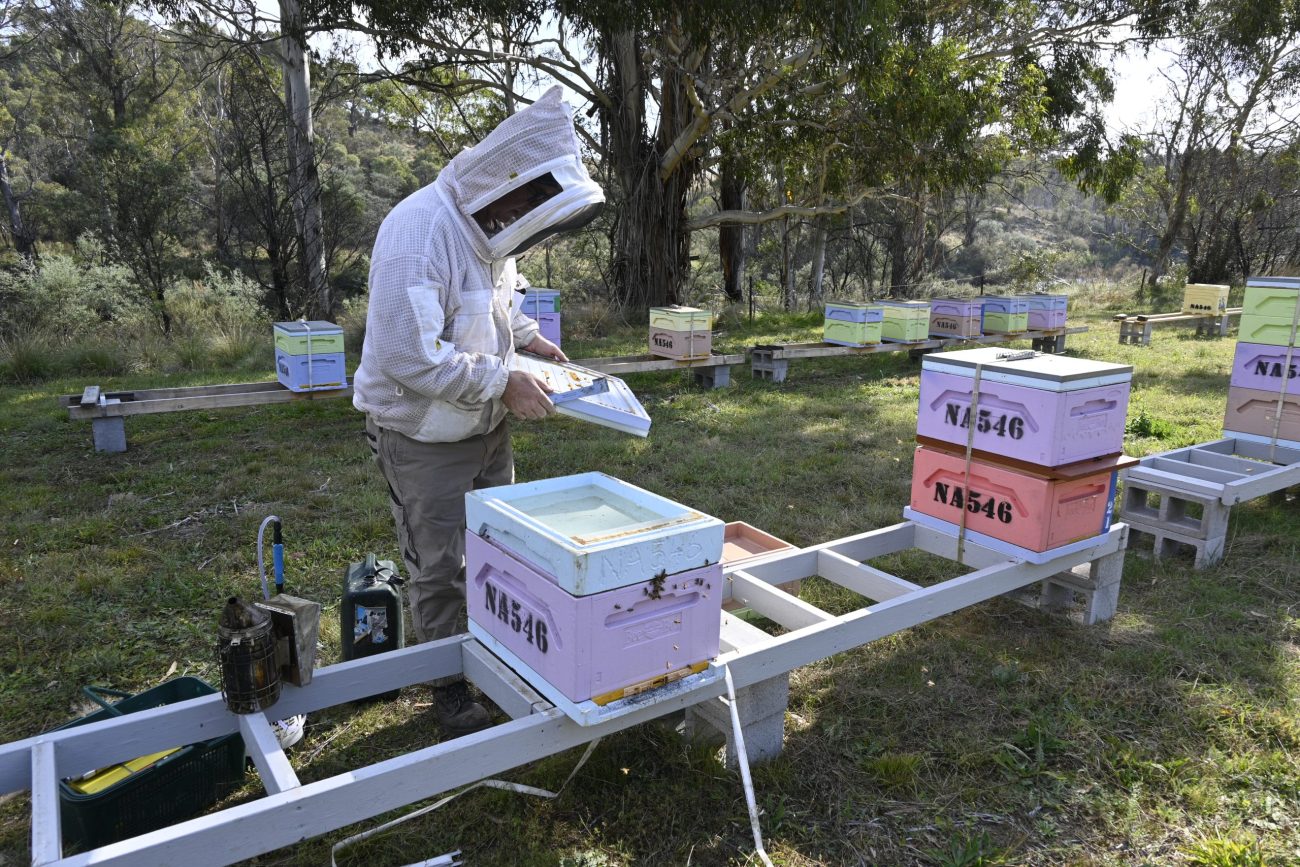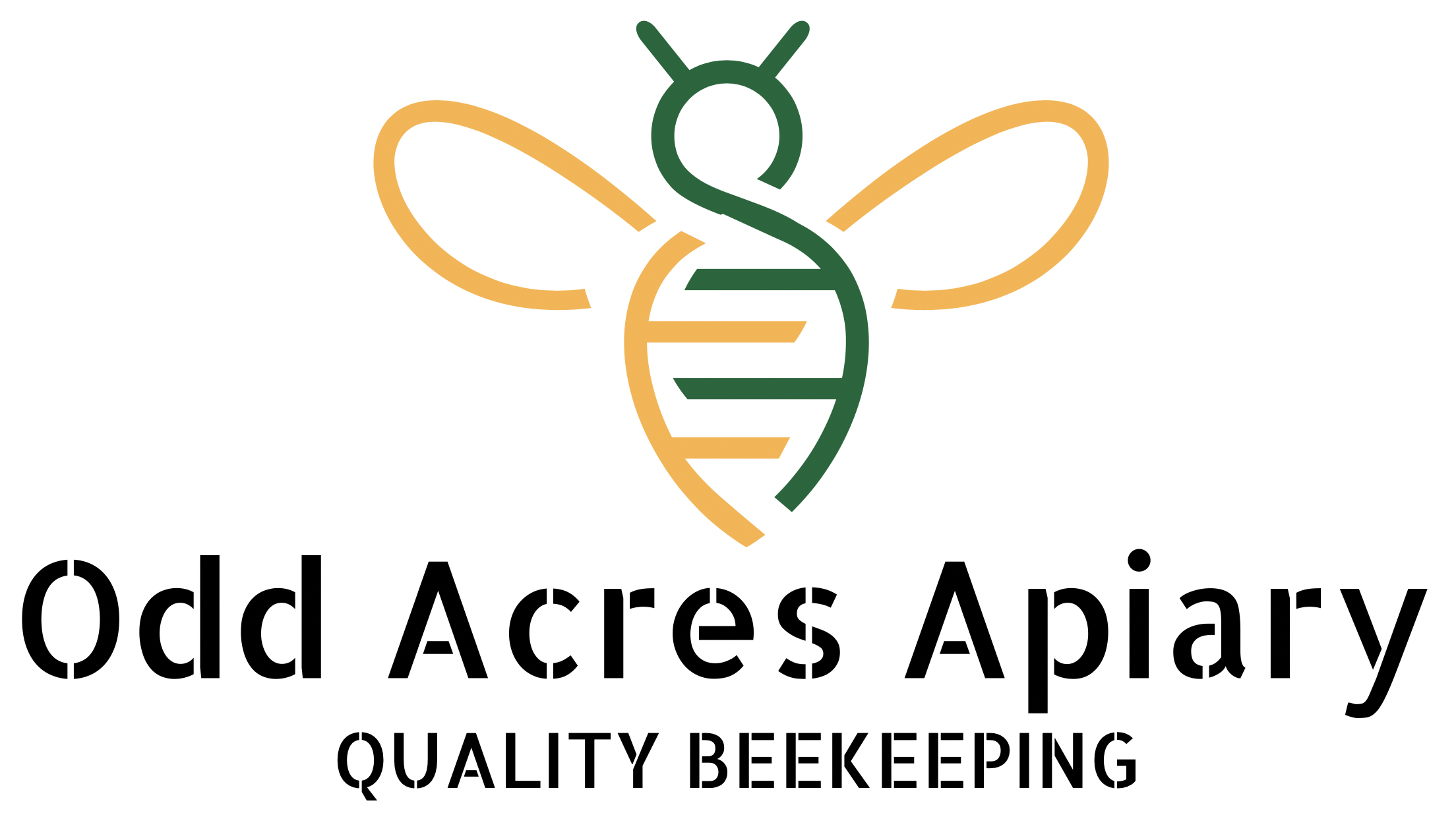
To Feed, or Not to Feed?
Today’s post is motivated by the number of recreational beekeepers contacting me to discuss whether and when to feed their bees. In the general to-and-fro across social media, a few beekeepers are committed to not feeding their bees. In their eyes, it is unnatural, perpetuates weak genes and diminishes the species’ survival of the fittest.
The Summer season has seen beekeepers in several areas of the east coast of Australia find their hives low on feed for the coming Winter and very light in weight. In most cases, the hive’s light weight is due to a lack of forage. The wetter-than-expected Spring and Summer months have made it difficult for bees to forage and build solid reserves for Winter.
As beekeepers, we place bees in locations and situations that may benefit bees yet are more often beneficial to beekeepers. So, it should come as no surprise that as the weather and seasons become more unpredictable, bees struggle to exploit the locations and situations in which we place them. So, we move to a discussion about feeding bees.
Should beekeepers feed their bees? Often, this subject generates furious discussions among beekeepers. My view is this: Would you buy a dog or cat and let them loose in the neighbourhood to feed and fend for themselves? Of course not. So feed your bees! You have placed them in a location or situation that may not be natural to them, so you cannot expect them to survive as nature intended.
As we head to April, your bee hive weight should feel like a “box of rocks”; a very accurate, down-to-earth measure from commercial beekeeper Bob Binnie. If your colonies are not heavy like this, feed them solidly using a 65% sugar solution for the next few weeks until they do. This is likely your last chance before Winter.
![]()

